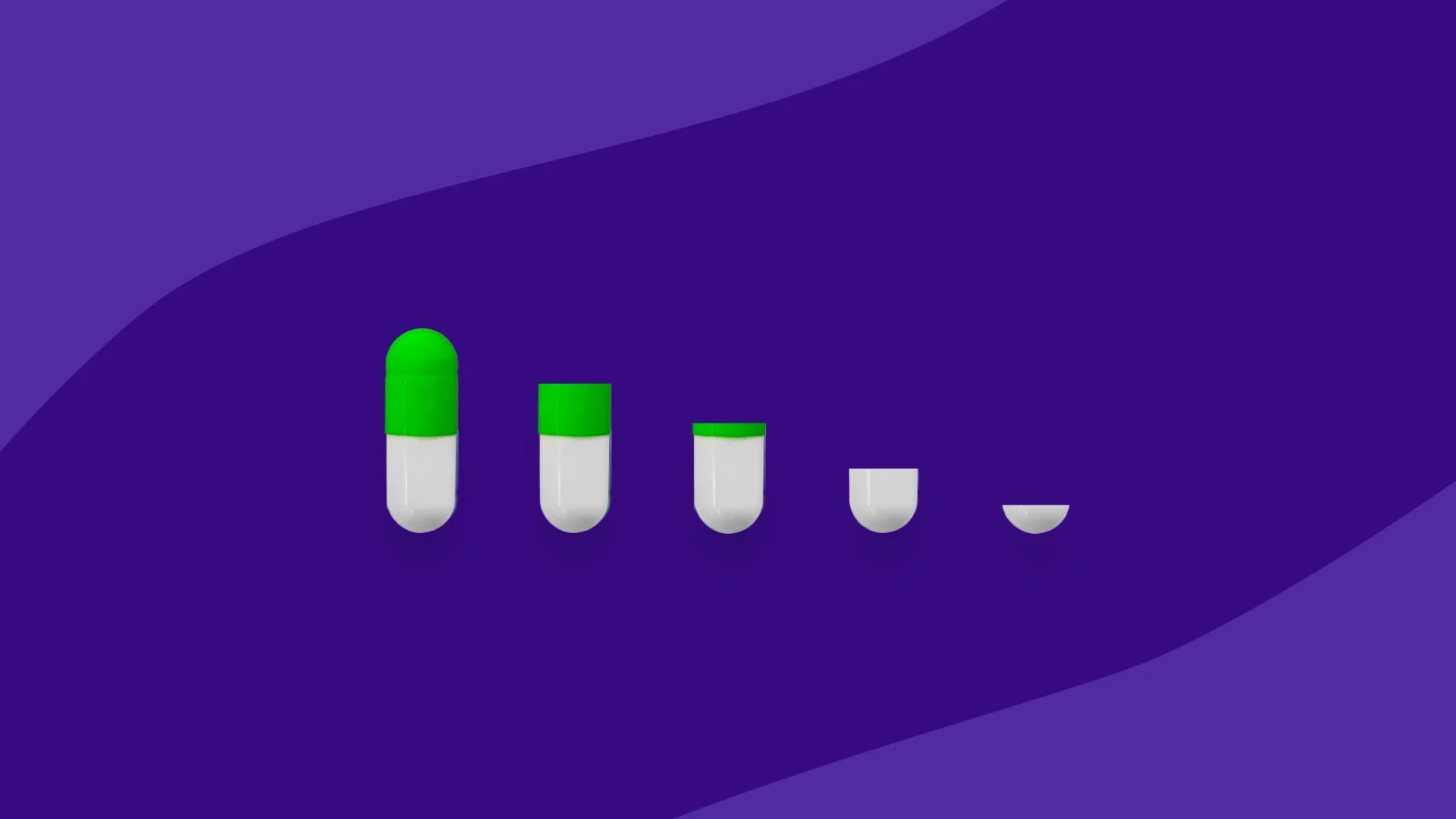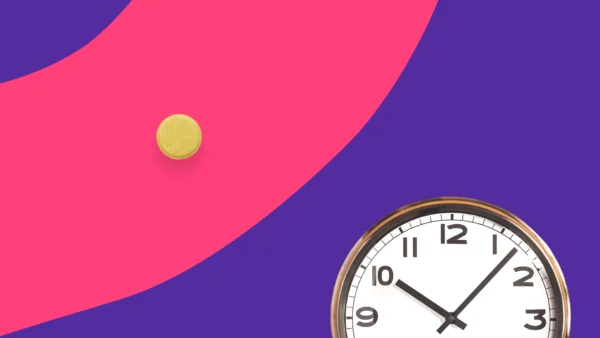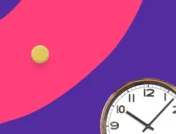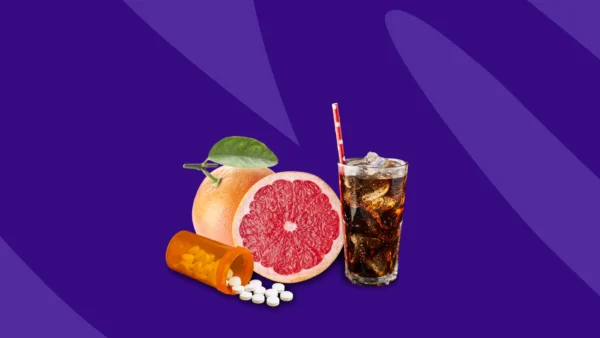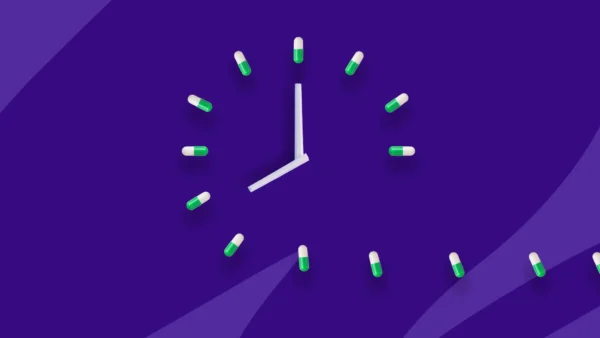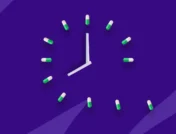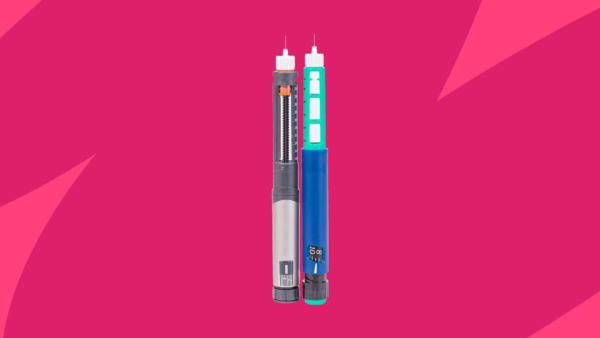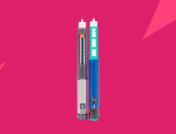Key takeaways
If your Vyvanse dose is too low, symptoms such as inattention, impulsivity, hyperactivity, and mood swings won’t be well controlled.
Your healthcare provider will start you on a lower dose of Vyvanse and gradually increase it until you find the right balance between symptom management and side effects.
Your metabolism, medication history, and severity of symptoms affect how your body responds to Vyvanse and the dose you need.
You can get the most out of your medication by taking it on schedule, maintaining healthy habits, and combining it with non-drug therapies, like cognitive behavioral therapy.
Vyvanse (lisdexamfetamine dimesylate) is a stimulant medication approved by the Food and Drug Administration (FDA) to treat attention deficit hyperactivity disorder (ADHD) and binge eating disorder (BED). Like other well-known ADHD medications—such as Adderall, Ritalin, and Concerta—it works by increasing the levels of certain neurotransmitters, including dopamine and norepinephrine, to help alleviate symptoms such as inattention, hyperactivity, and impulsivity. “When people with ADHD have the right dose of the right medicine, it can be dramatic,” says Joel Salinas, MD, chief medical officer at Isaac Health and clinical assistant professor of neurology at NYU Langone Health. “When people are on the right dose, it’s very apparent. They feel like themselves again and can meet their goals for the day.”
Yet, like any medication, finding the right dose requires working closely with your healthcare provider and seeking medical advice if your symptoms aren’t alleviated or if you’re experiencing side effects, as this could mean your dose is too high. If your dose of Vyvanse is too low, you won’t experience the medication’s benefits. Here’s what you need to know to help figure out if you need to adjust your dosage of Vyvanse.
Signs your Vyvanse dose is too low
When you’re on a very low dose, you might get little to no relief from your symptoms. “If you only feel 40% better, it’s probably not enough,” says Sasha Hamdani, MD, a psychiatrist at Psychiatry Associates of Kansas City in Leawood, Kansas. With ADHD, too low a dose of Vyvanse could mean trouble focusing, limited attention span, or a lack of impulse control.
“We usually prescribe a starting dose of 30 mg in the morning, and you titrate up to higher doses slowly by 10 mg on a weekly basis,” says Dr. Salinas. The target is between 30 mg and the maximum dose of 70 mg per day. Where someone ends up depends on their response, the current life circumstances of a patient, and treatment goals.
If your Vyvanse dose needs to be increased, you’ll know it, says Dr. Hamdani. “One real-world example of a sign is dirty dishes piling up in the sink. You run out of dishes, so you get takeout. Then you don’t clean that up. You keep walking past the mess, filled with shame and anxiety. You’re overwhelmed.”
According to Drs. Hamdani and Salinas, key signs your dose is too low may include:
- Poor focus and attention span: If you can’t concentrate or get overwhelmed by routine chores, like the laundry, you may need a dose adjustment.
- Impulsive behavior: Lack of impulse control is a symptom of ADHD and binge eating disorder. It could look like interrupting people at work or home, going on an unplanned online shopping spree, or having a binge-eating episode. For kids with ADHD, it might be talking in class without raising their hands.
- Hyperactivity: If you’re experiencing restlessness, fidgeting, or the need to be constantly busy doing things, that’s a clue.
- Mental health symptoms: Many people experience depression or anxiety as part of their ADHD symptoms. When you’re on the right dose of Vyvanse, these symptoms could ease as well.
If you or a family member spot any of these signs, call your healthcare provider. Even if your Vyvanse dose was previously working well, “Vyvanse is something your body builds tolerance to. You may need a higher dose over time,” says Dr. Hamdani.
The impact of low Vyvanse levels on mental health
When your medication isn’t controlling your symptoms, it can take a toll on your mental health. “At its heart, ADHD isn’t just a focus issue. It’s an emotional regulation issue,” says Dr. Hamdani.
For example, when your dose is too low, it means mental health symptoms coinciding with ADHD may not be well-controlled, such as:
- Anxiety
- Depression
- Excessive worry
- Constant nervousness
- Physical tension in your body
- Inability to relax
But the biggest blow to your mental health, according to Dr. Hamdani, is simply the frustration of poorly controlled symptoms. It can lead to a decreased quality of life that negatively affects school, work, and relationships. “Anxiety, depression, low mood, apathy, obsessive thinking or behavior can all happen when someone is underdosed,” says Dr. Salinas.
How to adjust your Vyvanse dose if it is too low
“Getting the right dose of any psychoactive drug is usually a process of trial and error,” says Dr. Salinas. Dosage adjustments are common. The adjustment process is called medication titration, where a provider starts you on a conservative dose and gradually increases it over time. The goal is to find the lowest dose that optimally controls your symptoms because higher dosages tend to cause common side effects—such as appetite loss, abdominal pain, weight loss, insomnia, headache, tics, or dizziness. You should be aware of potential serious side effects like hypertension, seizures, mania, and psychosis. The titration process can take weeks to months, so be patient. Your healthcare provider will work closely with you to monitor your progress and symptoms.
“You know the dose is right when you think, ‘ Yes, my meds are working.’ You’ll feel like you’re operating like yourself on a good day,” says Dr. Hamdani. To track how well your medication is working, Dr. Salinas recommends making a note about your symptoms daily. “No one knows your brain better than you do. I have people journal their symptoms and the severity of their symptoms on a scale of 0 to 10. Over time, we see the impact of the medication and the dose,” he says. Though any change is a positive indicator, if it’s just a little improvement, a dose change may be in order.
Keep in mind that many factors can affect how your body responds to Vyvanse, including:
- Metabolism: Everyone metabolizes drugs differently, and this can affect how you respond to Vyvanse and the dose you need.
- Medication history: If you’ve been taking Vyvanse for some time, your body may build up a tolerance to stimulant medication and need an increased dose. Your other medications and supplements also impact its effectiveness. For example, heartburn medications can increase Vyvanse drug levels, and vitamin C may decrease the efficacy of stimulant medications.
- Medication adherence: Not taking your medication as directed can also cause problems. For example, a missed dose or taking your dose at dramatically different times each day can be an issue.
- Severity of symptoms: Some people have more serious or severe symptoms than others, which can impact the dose they need.
Finding the right timing and strength of medication requires a good relationship with your healthcare provider and clear communication. It would be best not to try to adjust the dose on your own. Always work with your prescribing provider to make changes and follow their medical advice.
Managing low Vyvanse levels
While you’re figuring out the right Vyvanse dose with your provider, or if there is ever a Vyvanse shortage, you can use these pro tips to get the most out of your medicine:
- Stay on a schedule. Taking Vyvanse at the same time every day will go a long way to making sure it’s effective. Don’t try to remember on your own—set an alarm on your phone or use a medication tracking app so you never forget a dose.
- Drink water and eat balanced meals. Good nutrition and hydration can help you feel your best. A diet based on produce, lean protein, and fiber-rich whole grains supports brain health and gives your Vyvanse a boost.
- Prioritize your sleep. Poor sleep can make your ADHD symptoms worse. Get the seven to eight hours you need. If your Vyvanse dose is too high, it can interfere with sleep, says Dr. Salinas. Taking it in the morning can help you get the shuteye you need while benefiting from the drug.
- Use non-drug therapies. Dr. Salinas says that combining Vyvanse with talk therapies such as cognitive-behavioral therapy (CBT) or mindfulness and meditation is a great way to improve symptom control. The drug and non-drug therapies complement each other, making each more effective than it would be alone.
- Communicate with your healthcare team. You should have ongoing conversations with your healthcare provider about your symptoms, side effects, and overall treatment. This dialogue makes it easier to spot any dose issues quickly and resolve them.
- Make lifestyle adjustments. Try including stress-reduction techniques such as exercise, yoga, or meditation in your treatment plan. These lifestyle upgrades can support overall mental health and enhance the effects of Vyvanse.
- Don’t drink or use recreational drugs. If you want Vyvanse to do its job, it’s best to avoid other substances that can interfere with that. For example, alcohol can minimize the effects of Vyvanse, and it can also lead to issues including high blood pressure, rapid heart rate, chest pains, and risk of seizure, heart attack, and stroke.
- Cut back on caffeine. “People sometimes self-medicate with caffeine before they start a prescription drug, and the combination can make people very jittery and anxious,” says Dr. Salinas.
- Watch out for side effects. You should always be vigilant about any possible reactions to Vyvanse or any other drug. Tell your healthcare provider right away if you notice anything unusual. This is especially important as you adjust your dose. Remember, the goal is to find the sweet spot of maximum benefits and minimum side effects.
The bottom line: Vyvanse should control symptoms
If you’re taking Vyvanse to treat ADHD or binge eating disorder and you are still experiencing symptoms, call your healthcare provider. “If it feels like you’re not taking anything, it’s probably not working,” says Dr. Hamdani.
The best way to find the right dose of Vyvanse for you is to regularly monitor your symptoms until you find the dose that helps you feel like yourself and get on with your life. “I say I want patients to feel like themselves on a good day,” says Dr. Salinas.
Sources
- Attention-deficit/hyperactivity disorder (ADHD), National Institute of Mental Health (2024)
- ADHD symptoms are underdiagnosed in adults—and that has consequences, Mayo Clinic (2023)
- Effects of lisdexamfetamine, a prodrug of D-Amphetamine, on locomotion, spatial cognitive processing and neurochemical profiles in rats: A comparison with immediate-release amphetamine, Frontiers in Psychiatry (2022)
- Drug scheduling, United States Drug Enforcement Administration
- ADHD and depression: Investigating a causal explanation, Psychological Medicine (2020)
- The effects of mixing Vyvanse and alcohol, American Addiction Centers Alcohol.org (2022)



